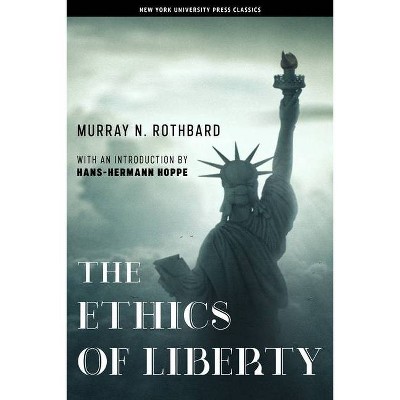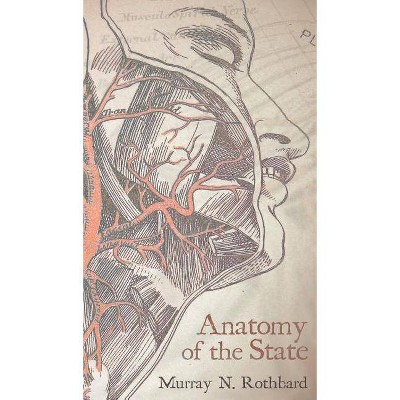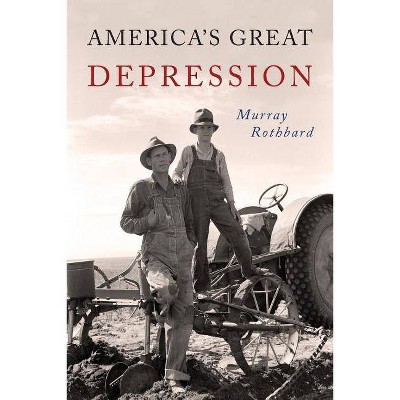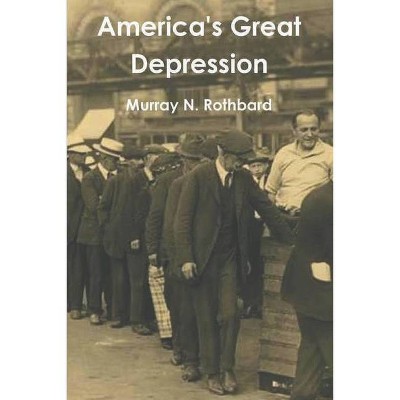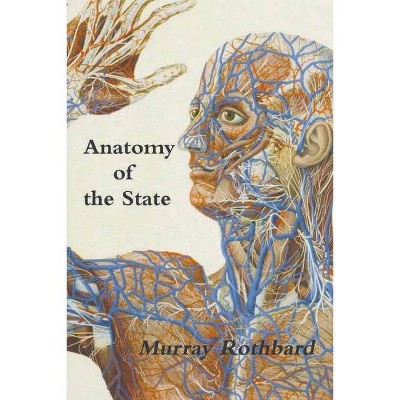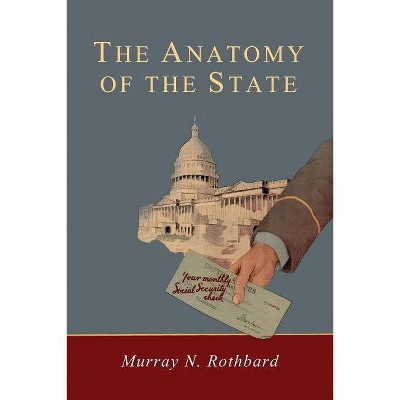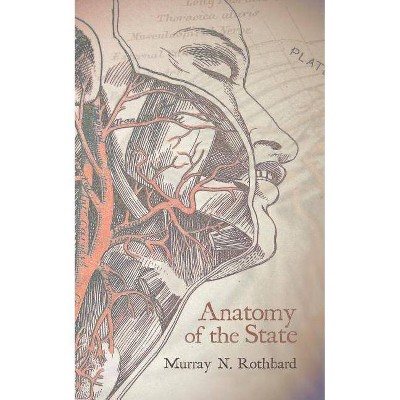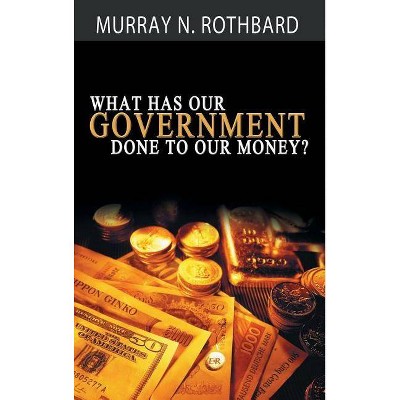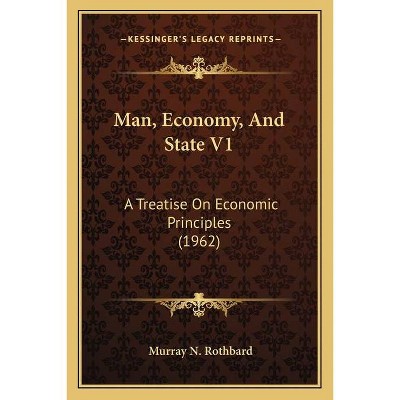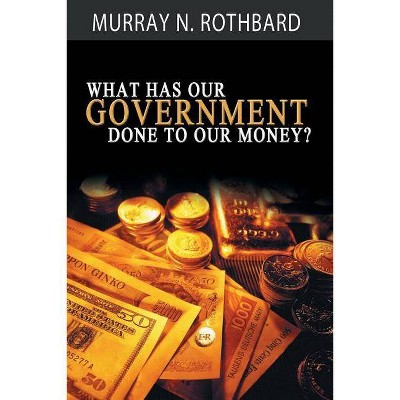The Ethics of Liberty - by Murray N Rothbard (Hardcover)
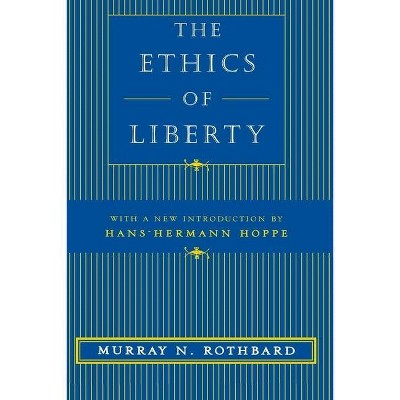
Similar Products
Products of same category from the store
AllProduct info
<p/><br></br><p><b> About the Book </b></p></br></br>This updated edition of a classic defense of libertarianism includes a new introduction.<p/><br></br><p><b> Book Synopsis </b></p></br></br><p><b>The authoritative text on the libertarian political position</b> <p/>In recent years, libertarian impulses have increasingly influenced national and economic debates, from welfare reform to efforts to curtail affirmative action. Murray N. Rothbard's classic <i>The Ethics of Liberty </i>stands as one of the most rigorous and philosophically sophisticated expositions of the libertarian political position. <p/>Rothbard's unique argument roots the case for freedom in the concept of natural rights and applies it to a host of practical problems. And while his conclusions are radical--that a social order that strictly adheres to the rights of private property must exclude the institutionalized violence inherent in the state--Rothbard's applications of libertarian principles prove surprisingly practical for a host of social dilemmas, solutions to which have eluded alternative traditions. <p/><i>The Ethics of Liberty</i> authoritatively established the anarcho-capitalist economic system as the most viable and the only principled option for a social order based on freedom. This classic book's radical insights are sure to inspire a new generation of readers.</p><p/><br></br><p><b> Review Quotes </b></p></br></br><br><P>"Baer presents the larger history of the congregational conflict, which began long before the trial and continued long afterwards. She also exposes the thick complexity of the conflict, which involved competing understandings of citizenship in the new American republic. Hers is at once a social, cultural, and religious history."<BR>-"Lutheran Quarterly",<br><br><P>"This case study is fascinating in part because of the richness of its sources."<BR>-"The Journal of American History",<br><br><P>"This is microhistory at its best. Baer has selected a single event and brilliantly used it to explore the larger culture and society of the time. With great clarity and insight Baer has investigated multicultural issues of language and the assimilation of immigrants that are as relevant for us today as they were to Americans two centuries ago. This is a very important and timely book."-Gordon S. Wood, Brown University<br><br><P>"Vividly recreates this fascinating inter-ethnic group controversy about the meaning of language for culture and citizenship in the early republic."<BR>-"American Historical Review",<br><br>"[A]s Baer explains in this excellent microhistory of the church community, [fights] over church governance and religious practice were significant in early republican Philadelphia... Baer wisely shrinks from making an easy conclusion about this fight between two factions in one community, both of which had a good cause for concern about their place and future in the new nation. In doing so, Baer has shed light on the dynamic processes by which immigrants--of all ethnicities--have fought to live together in the United States."-Pennsylvania Magazine of History and Biography,<br>
Price History
Price Archive shows prices from various stores, lets you see history and find the cheapest. There is no actual sale on the website. For all support, inquiry and suggestion messagescommunication@pricearchive.us
